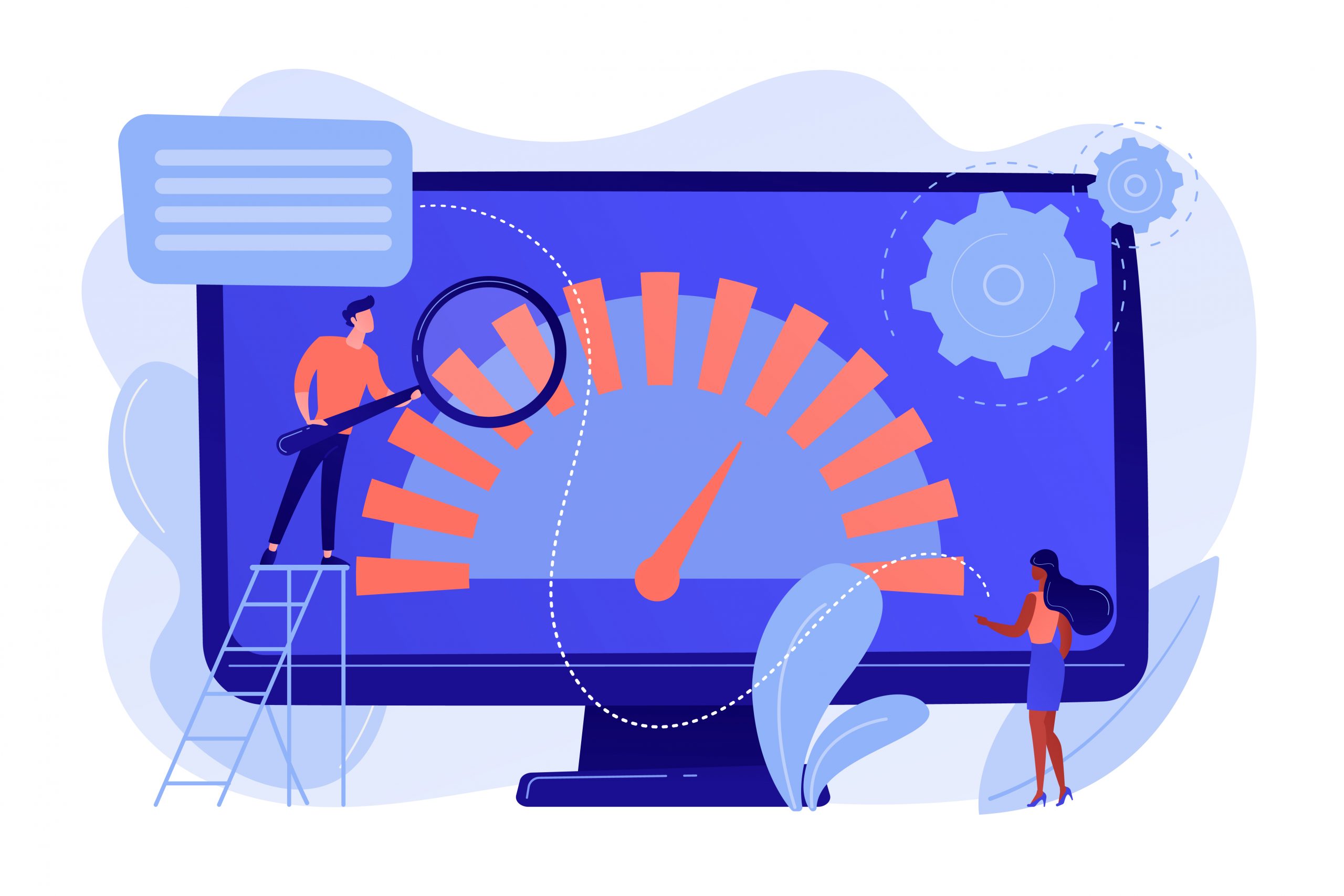In today’s digital age, website performance is crucial for the success of any online business. A fast-loading website not only enhances the user experience but also improves search engine rankings. Therefore, it’s essential to optimize your website for faster page load times. In this article, we’ll discuss some practical tips and techniques to achieve optimal website performance.
- Optimize Images: Images play a significant role in website loading times. Large images can slow down your website, so it’s crucial to optimize them by compressing them without losing quality. There are many online tools available that can help you compress images.
- Minimize HTTP Requests: HTTP requests are made for every file that’s required to load a webpage. This includes HTML, CSS, JavaScript, and images. The more HTTP requests your website has, the longer it will take to load. You can minimize HTTP requests by combining multiple files into one or using CSS sprites.
- Use a Content Delivery Network (CDN): A CDN is a network of servers that stores your website’s content and delivers it to users based on their location. This can significantly reduce page load times by caching content and reducing server response times.
- Enable Browser Caching: When a user visits your website, their browser stores some of the files on their computer to reduce loading times for subsequent visits. You can enable browser caching by setting the expiration date for your files in the HTTP headers.
- Minify CSS, JavaScript, and HTML: Minifying is the process of removing unnecessary characters from code files to reduce their size. This can significantly reduce page load times, especially for files that contain a lot of code.
- Use a Fast Hosting Provider: Your website’s hosting provider plays a crucial role in its performance. Choosing a fast and reliable hosting provider can improve your website’s loading times significantly.
- Implement Lazy Loading: Lazy loading is a technique that delays the loading of images and other content until the user scrolls down the page. This can improve initial page load times and enhance the user experience.
In conclusion, optimizing your website for faster page load times is crucial for its success. By implementing these practical tips and techniques, you can significantly improve your website’s performance, enhance the user experience, and boost search engine rankings.

